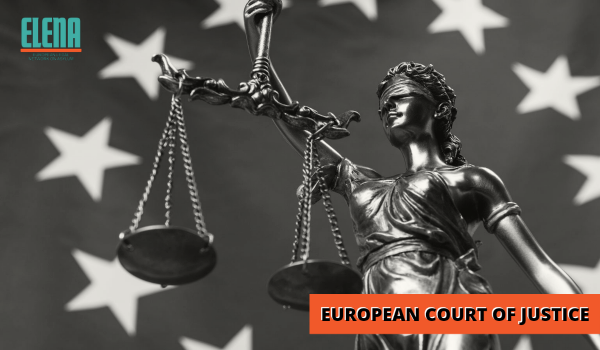On the 13th of July 2023, the Advocate General Collins of the Court of Justice of the European Union (AG) published his Opinion in the case C‑646/21. The case concerned two teenage Iraqi girls who were continuously resident in the Netherlands for more than five years while their request for international protection was being assessed. They were part of the Dutch society that values gender equality and so they adopted the values, norms and conduct of their peers which they arguably cannot renounce. The Dutch authorities however rejected their initial and subsequent applications for international protection. In the course of the proceedings, the referring court submitted preliminary questions to the Court of Justice of the European Union.
In assessing the internal aspects of a particular social group mentioned within Article 10 (1) d of the recast Qualification Directive (rQD), the AG first held that the notion of belief must not be religious or political in nature. He then stated that girls and women with a third-country nationality share an innate characteristic on account of their biological sex and, as a result of having lived in a Member State (MS) for a considerable period during the phase of their life in which they form their identity, may share a belief in gender equality that is so fundamental to their identity that they should not be forced to renounce it. In assessing the external aspects of a particular social group, the AG held that pursuant to Article 4 rQD the burden falls equally upon the applicant and the MS to determine whether a group has a distinct identity perceived as different by the surrounding society. The AG subsequently held that women who believe in gender equality may be perceived as transgressing social mores in Iraq and so have a distinct identity due to manifestations of that belief, for example by statements or conduct associated with choices about matters such as education, career and work outside the home, the extent and nature of activities in the public sphere, decisions on whether to live alone or with a family, and the free choice of a partner.
The AG then declared that the rQD in conjunction with Article 24(2) and Article 51(1) of the EU Charter must be interpreted as meaning that national practice whereby a decision-maker carries out the substantive assessment of an application for international protection and does not consider, as a primary consideration, the best interests of the child, or weighs up the best interests of the child without first determining, in each procedure, what the best interests of the child are, is incompatible with EU law. It is however for the MS to establish the methodology and procedure for determining the best interests of the child, taking into account the principle of effectiveness. Lastly, the AG stated that harm suffered by the minor due to their long stay in a MS is irrelevant to a decision on a subsequent application for international protection when that long stay is the result of decisions of the minor’s parents or guardians to exhaust the legal remedies available to challenge the rejection of the initial application and to lodge a subsequent application for international protection.

